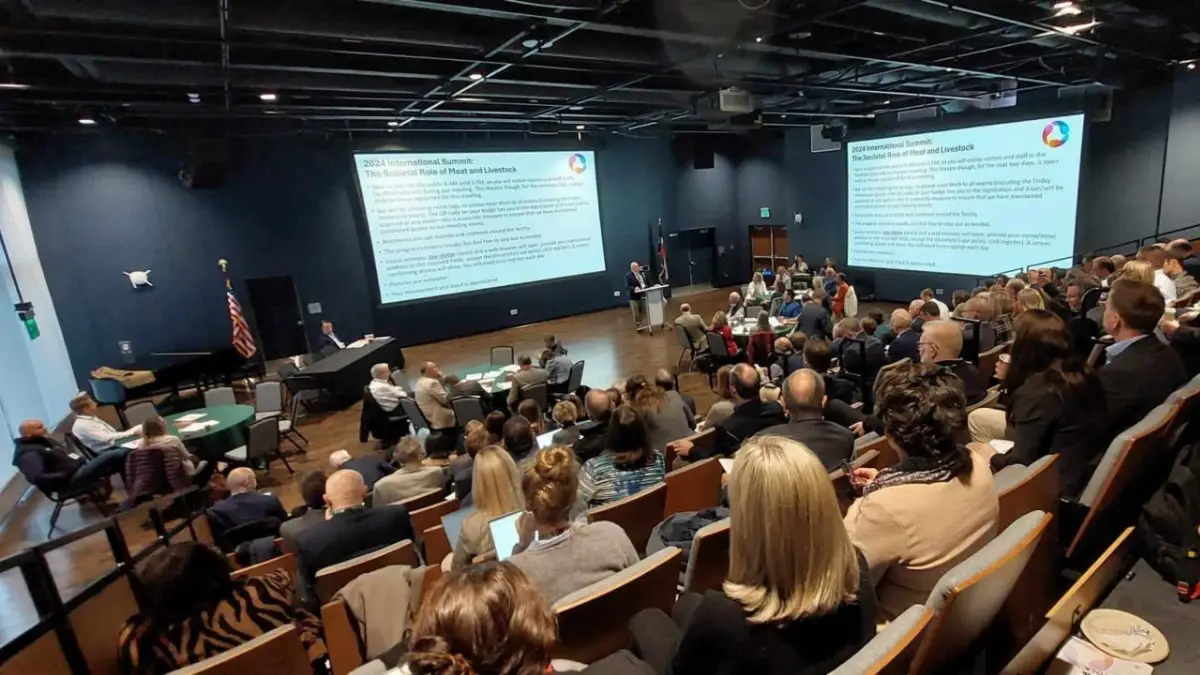
Health and sustainability: beef can play a key role
It was discussed in Denver, at the Center for Meat Safety & Quality of Colorado State University

Scientists and global experts gathered over the past few days to present and discuss the current state of research and application for critical topics associated with the role of meat and livestock in society. Hosted by the Center for Meat Safety & Quality (CMSQ) at Colorado State University (CSU) and funded in part by a grant from the U.S. Department of Agriculture, the summit explored the realities of sustainable production, nutrition, ecology, and innovation, while fostering interdisciplinary collaboration.
This conference builds on the 2022 meeting in Dublin, which produced the influential Dublin Declaration of Scientists. Summit participants reviewed the latest research findings across three key pillars: 1) Health and Nutrition: Addressing the challenge of malnutrition in low- and high-income populations, with a focus on the role of animal-source foods in supporting balanced and healthy dietary patterns. 2) Social Considerations: Examining technological innovations, including advances in animal welfare, genetic improvement, and sustainable production practices, along with discussions on food safety, policy, and consumer communication. 3) Ecology and Environment: Assessing the impact of livestock on ecosystems through improving soil health, biodiversity, and carbon management, while exploring strategies for sustainable grazing and environmental stewardship.
Leading the technical program on health and nutrition, Frédéric Leroy , a researcher and opinion leader at the Vrije Universiteit Brussels, reviewed developments since the 2022 International Summit on the Social Role of Meat in Dublin, focusing on how evolving research and policies are reshaping global perspectives on the role of animal-source foods in sustainable diets. “Balancing nutrient density and processing levels of foods is critical to achieving adequate nutrition while respecting cultural and regional dietary practices,” Leroy noted. “Flexible dietary guidelines that prioritize nutrient safety and individual health needs lead to optimal outcomes.”
The program continues with presentations by world-renowned scientists and leaders, who provide evidence on social and policy issues, including animal welfare, food safety, technological advances and consumer communication.
“This summit demonstrates CSU’s commitment to fostering robust scientific dialogue and creative thinking about the future of livestock and meat production. Our goal is to ensure that animal-based foods remain a sustainable and socially accepted basis for global food security and nutrition,” said Keith Belk , organizer of the meeting and host representative CSU-CMSQ.
The event concluded with the Denver Call for Action, which participants hope will guide future proactive efforts in policy development and science communications and inform those efforts with the best available scientific evidence to advance sustainable practices, food safety, and responsible livestock production. Key insights from the Summit will be featured in a peer-reviewed edition of Animal Frontiers in January 2025.
EFA News - European Food Agency